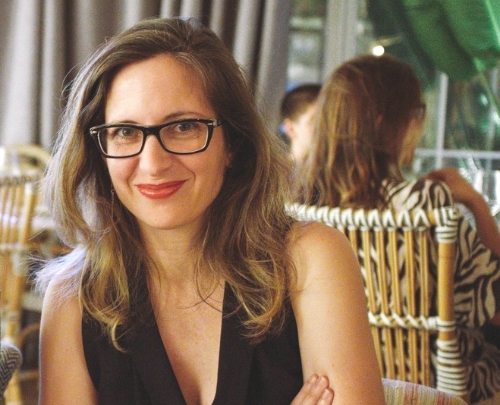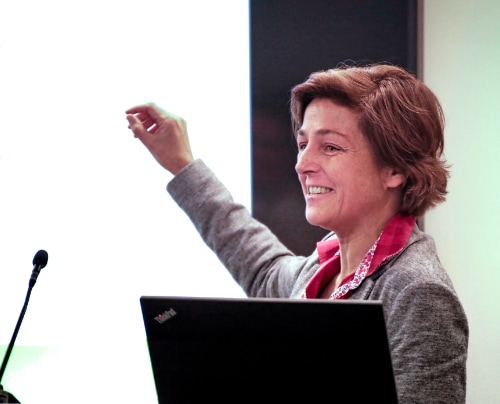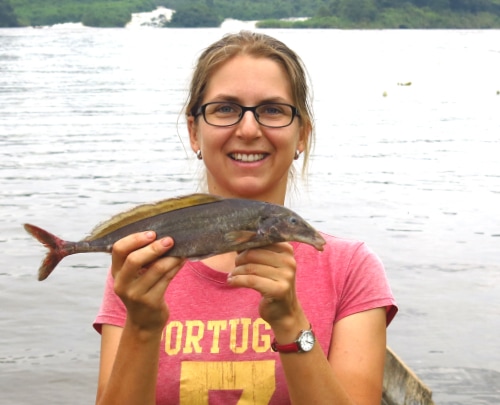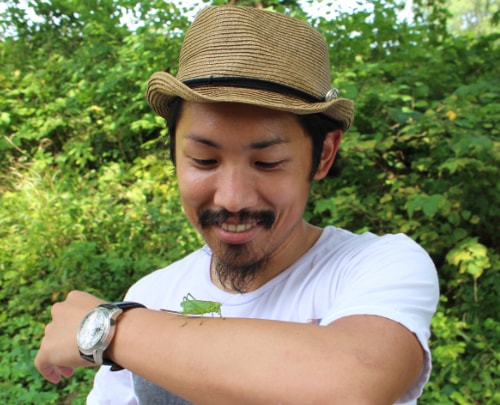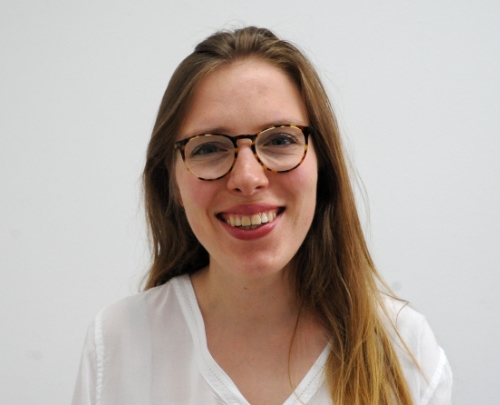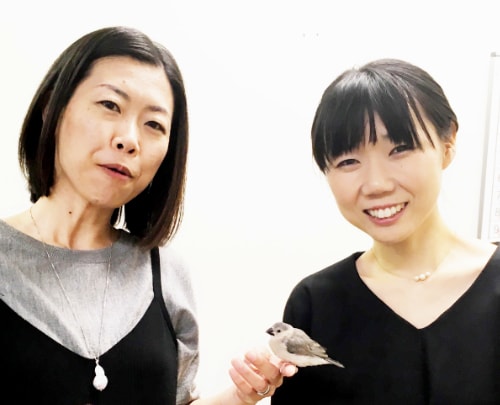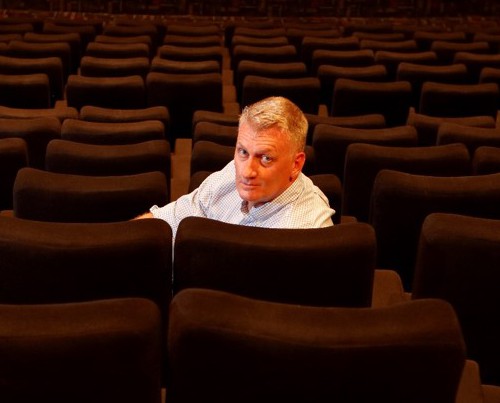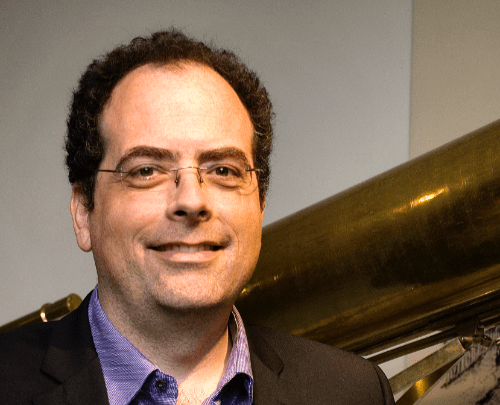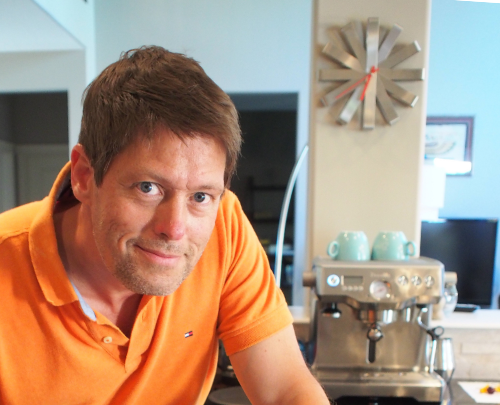31
Mar 2020
Why is it that we treat various species of animals so differently? In episode 71, Veronica Sevillano with the Autonomous University of Madrid discusses her research applying social psychology and conservation biology to understand the relationships people have with animals. Her chapter, "Animals a...
3
Sep 2019
What changes when we attempt to measure personality outside of the contexts where the instruments were developed and validated? In episode 57, we're joined by Karen Macours from the Paris School of Economics about her research into practical issues with using a popular Big Five personality measure......
6
Aug 2019
How do some fish see color in the black-and-white world of the ocean's depths? In episode 55, Zuzana Musilová, an evolutionary biologist at Charles University in Prague, discusses her research into the unique way that some fish in the deep ocean’s darkness may be able to see in color. Her article ...
25
Jun 2019
"Nothing in life is certain," writes MIT mechanical engineer Seth Lloyd, "except death, taxes and the second law of thermodynamics." But is this necessarily so? In episode 52, we're joined by Andreas Schilling with the University of Zurich, who discusses his development of an amazingly simple de......
28
May 2019
When in Rome, should you really do as the Romans do? In episode 50, Wataru Toyokawa from the University of Konstanz in Germany discusses how observing and imitating others in crowds can at times enhance collective ‘wisdom’ ... while other times it can lead to collective ‘madness.’ His article, "So...
16
Apr 2019
Are adolescents' technology use really related to depression, suicide and ADHD, or might it be no worse for kids than eating potatoes? In episode 47, Amy Orben from the University of Oxford discusses her explorations into how researchers' biases can influence their analysis of large datasets. Her ......
5
Feb 2019
Could birds' courting behaviors change when they're being watched? In episode 42, Masayo Soma from Hokkaido University discusses her research into monogamous songbirds which intensify their singing and dancing during courtship rituals – but only while in the presence of an audience of other birds....
22
Jan 2019
Might the chemicals we exhale while watching movies tell us about the emotional stress that we're experiencing? In episode 41, Jonathan Williams from the Max Planck Institute for Chemistry in Mainz, Germany discusses his research analyzing the gasses emitted in cinemas, as described in his article...
30
Oct 2018
Almost lost to history, these toys quite literally put quantum mechanics at one’s fingertips. In episode 35, Jean-François Gauvin from Université Laval in Canada discusses how he came to understand the purpose and value of unique toy blocks that ended up on his desk at Harvard University in 2014 a...
2
Oct 2018
Can we put the brakes on cancers' ability to metastasize? In episode 33, John Lewis from the University of Alberta talks with us about his research into inhibiting cancer cell movement and metastasis through genomic targets. His open-access article "Quantitative in vivo whole genome motility scree...

